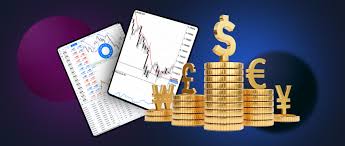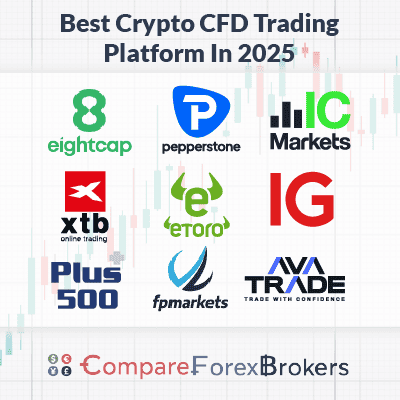
Understanding CFD Trading: What is Best CFD Trading?
Contract for Difference (CFD) trading has gained immense popularity among traders seeking to diversify their portfolios and capitalize on market movements without owning the underlying assets. This article delves into what is best CFD trading, including strategies, platforms, and tips for both novice and experienced traders.
For additional resources on CFD trading, visit what is best cfd trading platform bestbrokercfd.com.
What is CFD Trading?
CFD trading occurs when a trader enters a contract with a broker to exchange the difference in the price of an asset between the opening and closing of the contract. Essentially, CFD trading allows participants to profit from price fluctuations without actually buying or selling physical assets.
Benefits of CFD Trading
There are several compelling advantages that make CFD trading an attractive option:
- Leverage: CFDs offer high leverage, allowing traders to control large positions with a relatively small amount of capital.
- Diverse Market Access: Traders can access a wide range of markets, including stocks, indices, commodities, and currencies, all through a single platform.
- Short Selling: CFDs make it easy to short sell, enabling traders to profit from falling markets.
- No Ownership of Assets: As CFDs do not require the ownership of physical assets, this eliminates costs associated with owning and storing those assets.
Understanding Risks in CFD Trading
While the benefits are significant, CFD trading comes with its own set of risks, which traders must carefully consider:
- High Volatility: The leverage in CFD trading can magnify both gains and losses, leading to potential significant financial risks.
- Market Risk: Traders may face market movements contrary to their positions, which can lead to substantial losses.
- Broker Risks: Dependence on the broker for execution is vital; choosing the wrong broker can lead to issues such as delays in orders, poor execution, or losses through hidden fees.

What to Look For in a CFD Broker?
The choice of a CFD broker greatly influences trading success. Here are some factors to consider:
- Regulation: Ensure the broker is regulated by a recognized authority to mitigate risks related to brokerage practices.
- Trading Platforms: The usability and reliability of the trading platform can significantly impact trading efficiency and effectiveness.
- Fees and Commissions: Understanding the fee structure, including spreads and commissions, is essential to avoid unexpected costs.
- Customer Support: A capable support team can be invaluable, especially for beginners needing assistance.
Popular CFD Trading Strategies
Various strategies can be employed to maximize potential gains in CFD trading. Some of the most commonly used strategies include:
- Day Trading: Involves opening and closing positions within the same trading day to capitalize on short-term price movements.
- Swing Trading: This strategy takes advantage of price swings in the market, holding positions for several days or weeks.
- Scalping: This approach focuses on making numerous small profits on very short-term trades, often opening and closing trades within minutes.
- Position Trading: A longer-term strategy where traders hold positions for an extended period, typically based on fundamental analysis.
Choosing the Best CFD Trading Platform
Selecting the right platform is crucial for your CFD trading success. Here are some popular platforms that are often deemed the best for CFD trading:
- MetaTrader 4/5: Widely recognized for its user-friendly interface and advanced charting capabilities, ideal for both beginners and experienced traders.
- CTrade: Known for its fast execution and powerful analytical tools, suitable for active traders.
- eToro: A social trading platform that allows traders to follow and copy the strategies of successful investors.
- Plus500: Offers a robust platform for CFD trading, with an easy-to-use interface and a variety of instruments.
Conclusion
CFD trading presents both opportunities and risks that need to be understood and managed effectively. Determining what is best CFD trading involves a combination of careful broker selection, strategic planning, and risk management. By understanding the nuances of CFD trading—along with informed strategies and the best platforms—traders can enhance their chances of success in this dynamic financial market.
